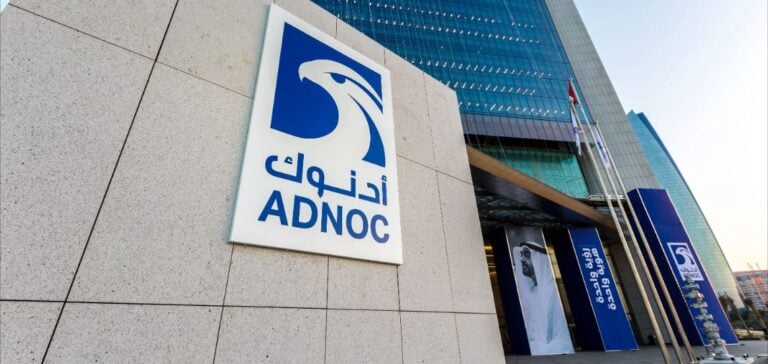The United Arab Emirates, through Abu Dhabi National Oil Company (ADNOC), has released updated forecasts for its flagship crude, Murban. According to the December 27, 2025, report, exports for December 2025 are expected to reach 1.744 million barrels per day (b/d), a slight decrease from the 1.749 million b/d initially forecast for November.
Notable reductions for the first quarter of 2025
For March 2025, ADNOC announced a more significant reduction of 70,000 b/d compared to the previous report, bringing the forecast to 1.657 million b/d. This figure represents a marked decrease compared to the 1.716 million b/d expected for February 2025.
These adjustments come amid strictly enforced production quotas. ADNOC had already informed its equity partners of cuts for the January-March 2025 period, with February seeing the largest reduction at 229,000 b/d. This decision appears linked to delays in lifting quotas decided during the OPEC+ meeting on December 5, 2025.
Impact on the Asian market
Murban crude, produced from 2,000 onshore wells, remains a major benchmark in international markets. Export forecasts and production cuts directly impact the supply of light crude, a key product for Asian refiners.
Data from December indicate that the spread between Murban cash and Dubai cash has narrowed to 14 cents per barrel, compared to an average of 18 cents in November. This evolution reflects increased competition in the Asia-Pacific markets.
Evolution of official selling prices
ADNOC determines the official selling prices (OSP) of Murban based on the average of Murban futures contracts traded on the ICE Futures Abu Dhabi platform. These prices, set two months before delivery, also influence the pricing of other grades, such as Upper Zakum, Das, and Umm Lulu.
For January 2025, the official selling price of Murban was set at $72.81 per barrel, a decrease of $2.06 compared to the previous month. This decision may reflect market conditions and demand expectations from major Asian buyers.






















